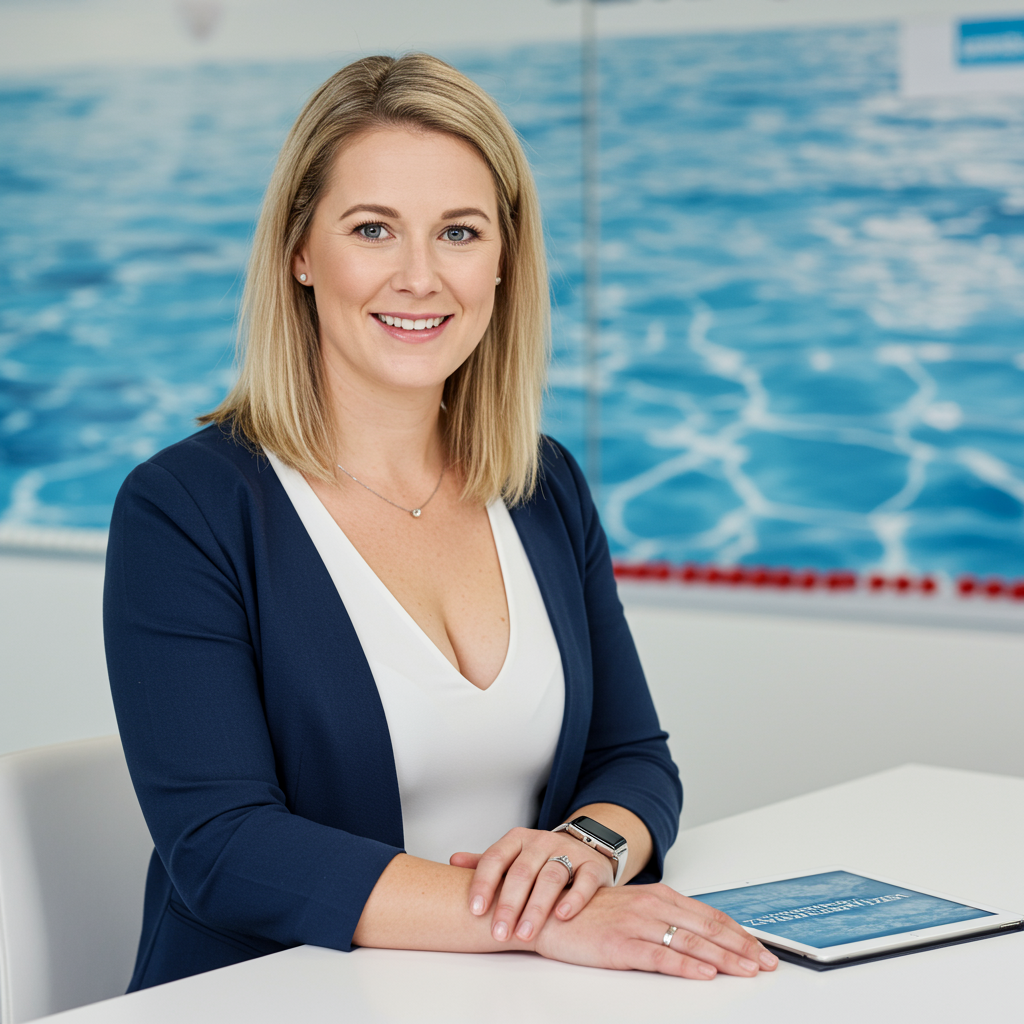Swimming Lesson Dilemma: Public vs. Private – Which Choice Suits Your Child and Budget?
You want the very best for your child, especially when it comes to safety. Swimming lessons are essential in the Netherlands, but choosing between public and private swimming lessons can be tricky. Which option best suits your child's needs and your wallet? In this article, we'll help you make the decision, so you can confidently teach your child to swim.
Why swimming lessons are so important
The Netherlands is a country filled with water, and water safety is crucial. Unfortunately, drownings still occur every year, often among young children [10]. That's why it's important for children to learn to swim as early as possible. Swimming lessons contribute to your child's water safety and provide a foundation for surviving in and around the water [4, 5].
Public swimming lessons: affordable, but with a downside?
Advantages of public swimming lessons
- Cost: Public swimming lessons are often cheaper than private lessons [12]. This makes it accessible to a wider audience. Inquire with your municipality about possible schemes for families with low incomes [4].
- Location: Public swimming pools are often centrally located and easily accessible [2, 19].
- Recognised diplomas: Public swimming pools generally work with the Swimming ABC of the National Swimming Safety Council, which guarantees quality and recognised diplomas [17].
Disadvantages of public swimming lessons
- Waiting lists: Long waiting lists are unfortunately a common problem with public swimming pools [2, 6]. This may mean that your child can start swimming lessons later. Waiting lists can be up to 24 months, depending on the municipality [6].
- Group size: The groups are often larger than at private swim schools, so there is less individual attention for your child [14, 16].
- Less flexibility: Public swimming lessons often have fixed times and days, which can make it more difficult to fit into your schedule.
Private swimming lessons: personal attention, but what does it cost?
Advantages of private swimming lessons
- Personal attention: The groups are smaller, so the instructor has more time for individual guidance [20]. This can be especially nice for children who have a little more difficulty or have a fear of water [16].
- Flexibility: Private swim schools often offer more flexibility in lesson days and times [16].
- Faster results: Due to the more intensive guidance, your child may be able to obtain the swimming diploma faster [20].
Disadvantages of private swimming lessons
- Cost: Private swimming lessons are generally more expensive than public swimming lessons [18].
- Quality difference: The quality of private swim schools can vary. It is important to do good research on the swim school and see if they offer recognised diplomas [17].
- Less social interaction: In smaller groups, there is less social interaction with other children [14].
Which choice suits your child and budget?
The best choice depends on your personal situation and the needs of your child. Here are a few considerations:
- Budget: What can and do you want to spend on swimming lessons? Public is often more affordable.
- Waiting time: How long do you want to wait before your child can start swimming lessons? [3].
- Personality of your child: Does your child need extra guidance or can he or she cope well in a larger group [14, 20]?
- Flexibility: How important is it that swimming lessons fit into your schedule?
- Quality and safety: Always check whether the swim school has a licence from the National Swimming Safety Council [5, 17].
Smart saving on swimming lessons: tips & tricks
- Request a trial lesson: This way you can get a taste of the atmosphere and see if the swim school suits your child.
- See if you qualify for a financial arrangement: Many municipalities have schemes for families with low incomes [4].
- Compare different providers: The prices and teaching methods can vary greatly [15]. Use Compare swim school providers in your city to get an overview.
- Consider a lesson package: Sometimes a lesson package is more affordable than individual lessons [15].
- Prepare your child: By getting your child used to water, they can go through swimming lessons faster [4]. Check out the knowledge base for parents for tips.
The C diploma: the real standard for swimming safety
Although the A diploma is often seen as a milestone, the C diploma is actually the standard for swimming safety in the Netherlands [5, 9]. With a C diploma, your child masters skills to swim in open water, such as recreational lakes and wider canals [5]. So consider continuing for the C diploma after the A and B diploma.
Bridging the waiting list? This is how you keep your child enthusiastic!
Is there a long waiting list? No problem! There are plenty of ways to bridge the waiting time and keep your child enthusiastic about swimming:
- Splashing fun in the bath and shower: Let your child get used to water and practice splashing and blowing bubbles [3].
- Regular swimming in a recreational pool: This is a fun way to familiarise your child with the pool and the water [3].
- Parent and child swimming: From a young age, you can participate in parent and child swimming with your child [4].
Conclusion: a well-considered choice for swimming safety
The choice between public and private swimming lessons is personal. Think carefully about what is important to you and your child, and don't just be guided by the price. Swimming safety is an investment in your child's future. Use Compare swim school providers in your city to find the best option in your area and compare teaching methods. For example, take a look at swimming lessons in Amsterdam or swimming lessons in Rotterdam to get an idea of the possibilities.
Ready to find the perfect swimming lesson for your child? Compare swim school providers in your city and start planning swimming lessons today!
